Leading Equine Residential Treatment Center for Teens in Crisis
Is your teen facing a mental health crisis? Are you seeking a comprehensive and compassionate treatment solution? Discovery Ranch South understands the challenges you and your child are navigating during these difficult times. Our equine residential treatment center offers a unique and effective approach to healing, explicitly designed for teenage girls and teens assigned female at birth.
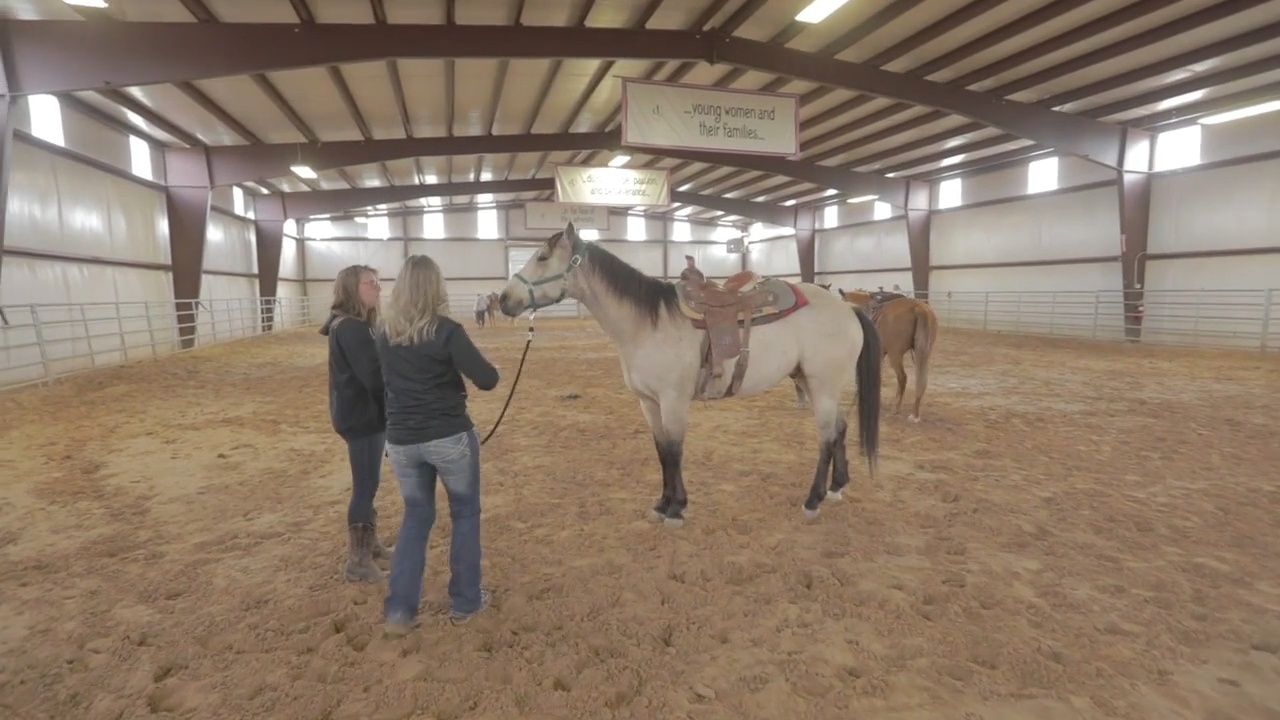
Help for Teens in Crisis
At Discovery Ranch South, we recognize the profound impact that mental illness can have on both adolescents and their families. Our experienced and licensed therapists are dedicated to providing the highest level of care, combining evidence-based therapies with innovative approaches such as equine therapy.
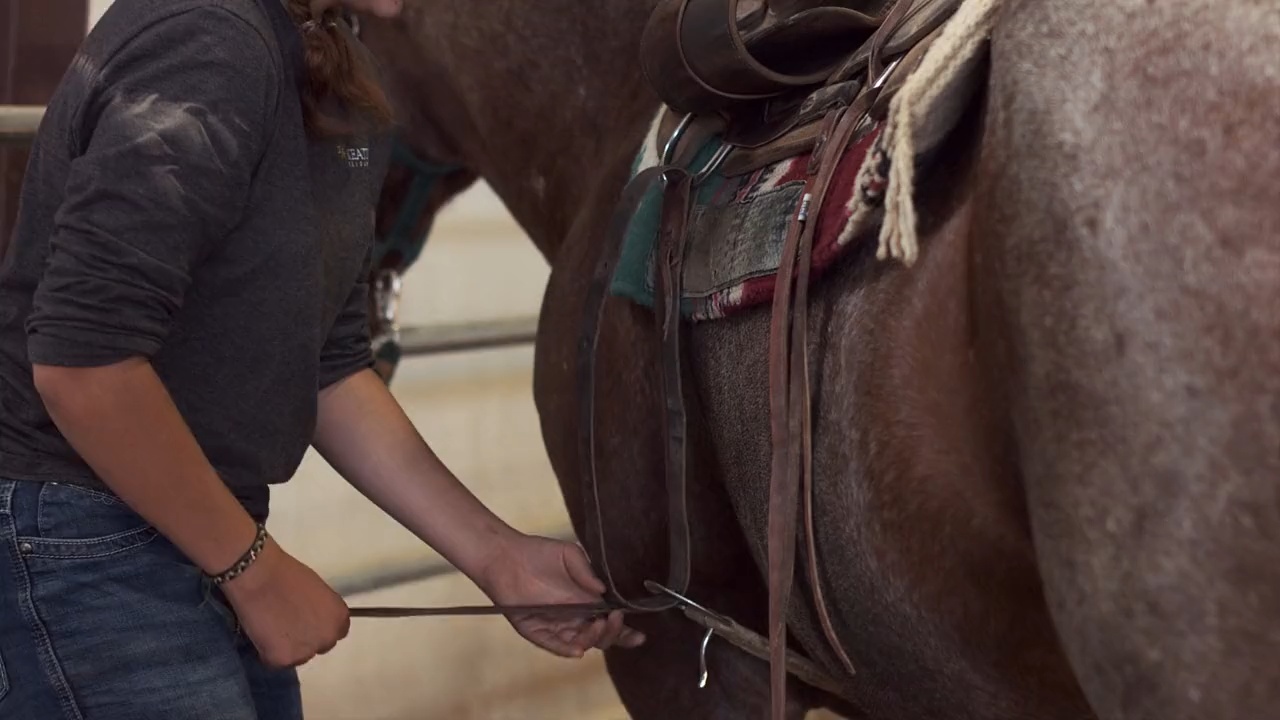
What is Equine Therapy?
Equine therapy, equine-assisted therapy, or sometimes called horse therapy, is a type of experiential therapy where a licensed therapist works with a skilled equine specialist to engage your teen in activities that foster emotional growth. This type of animal-assisted therapy offers a safe and nurturing environment where teens can learn how to manage their emotions, build self-esteem, and develop vital life skills.
Benefits of Equine Therapy for Teens
Horses, like your teenager, respond to kindness and assertiveness. Importantly, they also react to fear or aggression by becoming cautious. This natural response becomes a valuable teaching tool during equine therapy. Here are some of the benefits your teen can gain from equine-assisted psychotherapy:
- Horses as Emotional Mirrors - Horses have a level of emotional awareness that is beneficial in horse therapy. The way horses react to your teen reflects your child's emotional state. Engaging with these perceptive animals aids them in recognizing their feelings and emotions. Furthermore, our skilled therapists gain insight by observing students' interactions with the horses, helping them understand each teen's mental health concerns on a deeper level.
- Developing Responsibility - Equine therapy goes beyond traditional talk therapy approaches. Tasks and rules assigned during therapy create a unique environment that encourages teamwork and problem-solving. These experiences guide your teen toward acknowledging consequences and fostering responsibility.
- Building Empathy and Confidence - Working alongside horses cultivates empathy, self-confidence, and stronger interpersonal relationships within your teen. Challenging situations with horses spark discussions that mirror the real-life challenges they face. This empathy bridges gaps, fostering understanding between your child and the important adults in their life.
- Cultivating Resilience - Horses' size can sometimes be intimidating, paralleling the mental health issues your teen confronts. Equine therapy teaches them to face fears in a safe setting, gradually building confidence to confront life's obstacles. The strength they gain from this experience supports them in daily life.
- Equine Therapy: A Catalyst for Growth - Equine therapy sessions accelerate growth by bringing underlying issues to the surface faster than traditional talk therapies. The practice of emotional regulation during a horse-assisted therapy session leads to quicker progress in their mental health journey. Beyond therapy, the vivid challenges encountered with horses are etched deeply into memory, leaving a lasting impression that prepares them for future successes.
Who Can Benefit From Equine Therapy?
Research has shown that horse therapy can be particularly effective for teens with mental health disorders like:
- anxiety
- depression
- ADHD
- trauma
- addiction
- and other co-occurring disorders.
Our tailored equine therapy program, coupled with evidence-based therapies like Trauma-Focused Cognitive Behavioral Therapy (TF-CBT) and Dialectical Behavior Therapy (DBT), creates a comprehensive and holistic approach to teen mental health treatment.
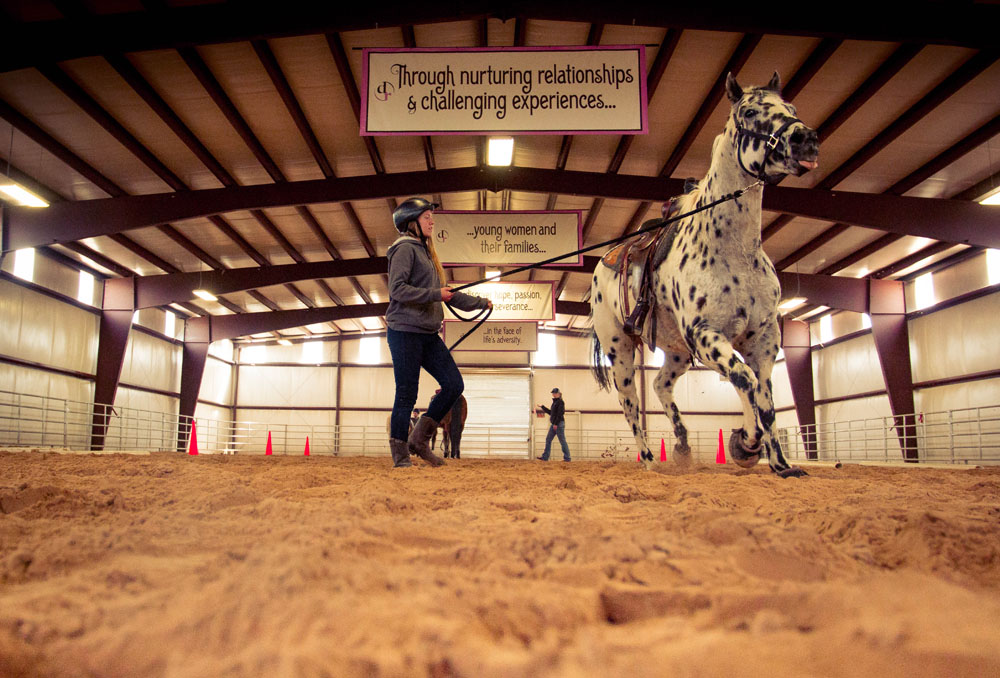
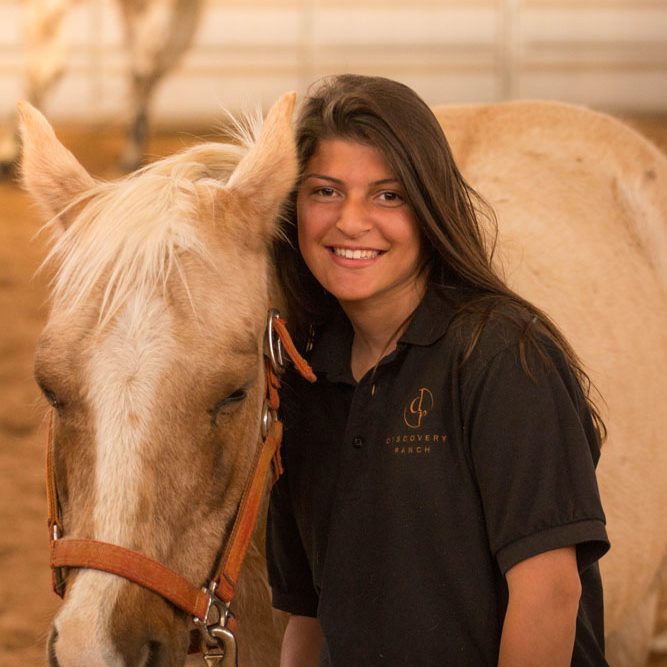
How Our Equine Therapy Program Works
Students at Discovery Ranch South begin with a set of “Grounds Tasks,” which test their problem-solving, teamwork, communication, and social skills. They learn to “think outside the box,” to be assertive and aware, and to read the body language of the horses. They must cope with frustration, confusion, and disappointment. All the while, each student is getting to know the horses and their peers better.
Eventually, they graduate to “Horsemanship,” where the focus shifts to an individual relationship with a specific, chosen horse. This presents a whole new set of personalized challenges. Finally, students may participate in “Colt Development,” where opportunities abound for students to see and address their anxieties and reactions as reflected in the behavior of very young colts.
In addition, Discovery Ranch South can integrate equine-assisted activities and equine-assisted psychotherapy with various aspects of mental health treatment as needed to create powerful therapeutic experiences, such as:
- Therapeutic Horseback Riding: Learn riding skills while building trust and empathy through the horse-human bond.
- Equine-Assisted Learning: Participate in interactive exercises with horses, promoting problem-solving and communication.
- Individual Therapy: Explore emotions and challenges in a supportive setting, facilitated by a licensed therapist.
- Group Therapy: Learn teamwork, communication, collaboration, empathy, active listening, and problem-solving skills while working with other clients to master each equine-assisted activity.
- Experiential Therapy: Develop coping strategies and resilience through hands-on experiences with our therapy horses.
Harnessing Healing: Exploring Equine Therapy for Teen Growth a Podcast For Parents
Equine therapy offers a holistic approach to healing and personal growth, addressing emotional, physical, cognitive, and social aspects of well-being. It can be particularly effective for individuals with a wide range of challenges, including PTSD, anxiety, depression, autism spectrum disorders, and physical disabilities.
In this episode, therapist Tiffany Silva Herlin, LCSW, is joined by Lee Bingham, Equine Director, and Rashelll Stubbs, Associate Clinical Director, from Discovery Ranch South. They discuss:
- The unique insights students gain from Equine Therapy.
- The bond and connection created with the horses.
- Applying lessons to strengthen family relationships.
- Overcoming challenges in a safe environment.
- Improving verbal and non-verbal communication skills.

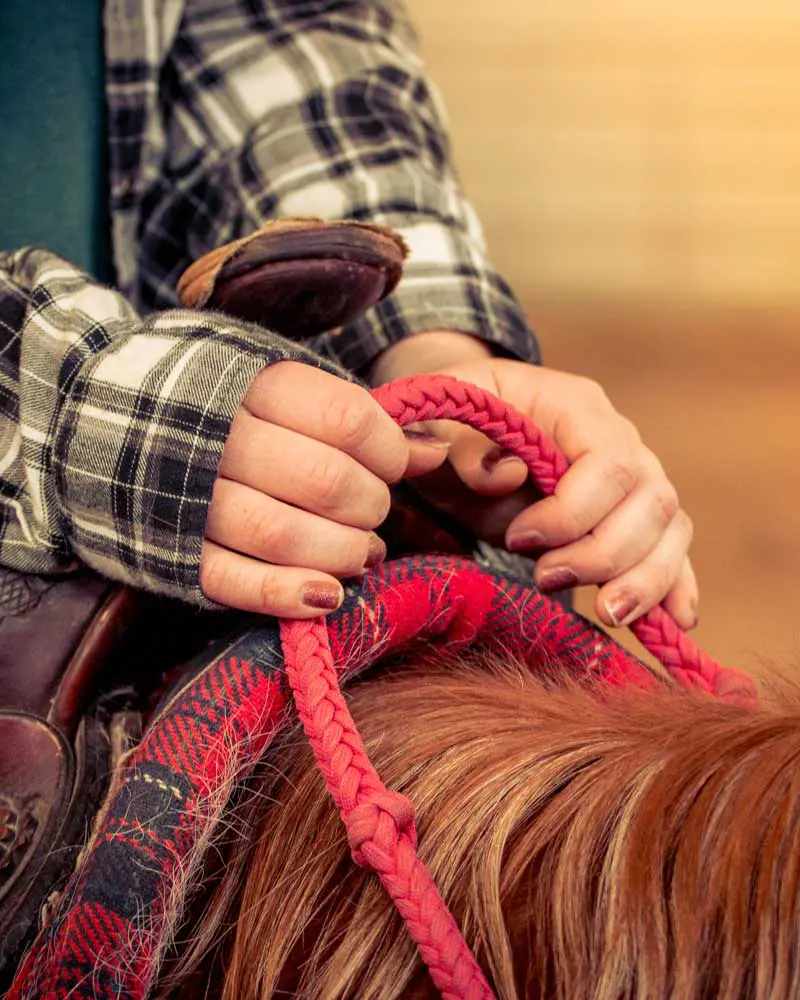
Your Partner in the Healing Journey
At Discovery Ranch South, your teen will be supported by a dedicated team that believes in the potential for growth and transformation in every individual. Our residential treatment center with equine therapy provides a safe and nurturing environment for teens to thrive physically, emotionally, and mentally.
The Equine Residential Treatment Center for Your Family
Are you ready to provide your teen with a life-changing opportunity for healing? Discover the transformative power of equine-assisted therapy at Discovery Ranch South. Our specialized residential equine residential treatment center is designed to empower your teen on their path to recovery. Contact us today to learn more about our residential treatment program, licensed therapists, and the remarkable benefits of equine-assisted mental health treatment.
Remember, you're not alone in this journey. Let us be your partner in bringing back hope and happiness to your family.
Meet Our Therapy Horses
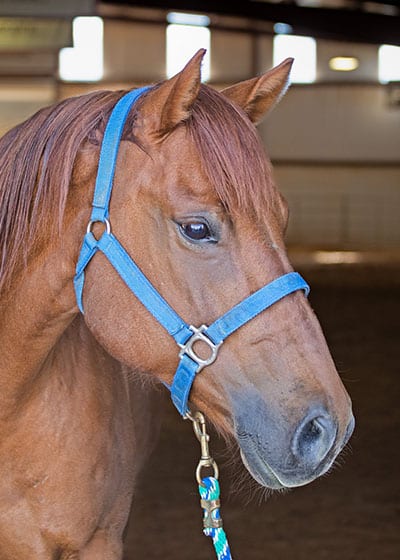
Carmel
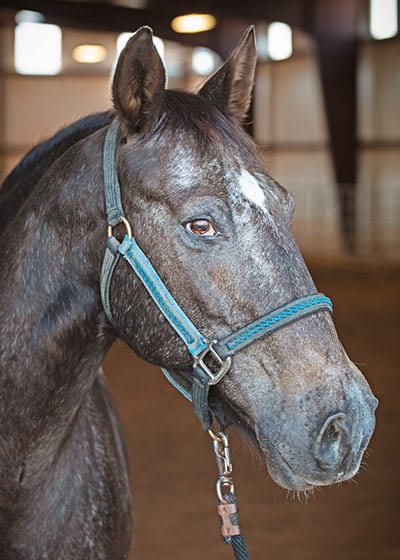
Appy

Sir Henry

Pendeton
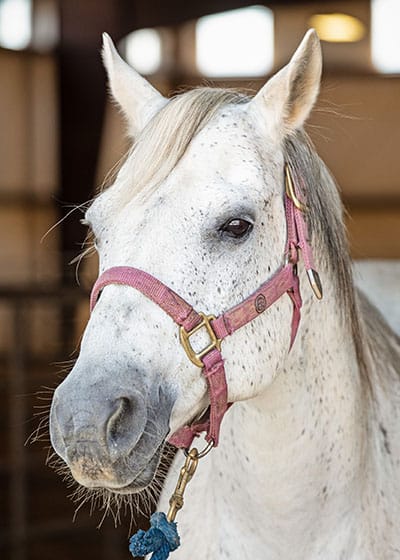
Norman
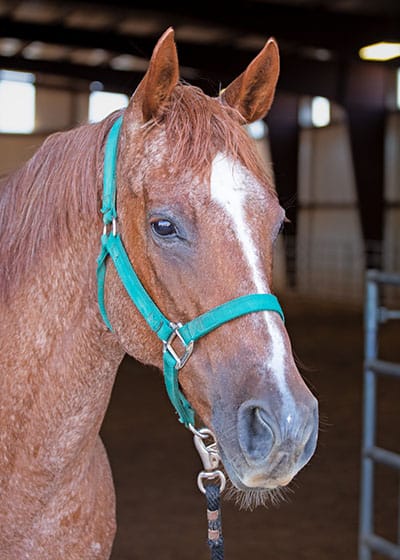
Maple
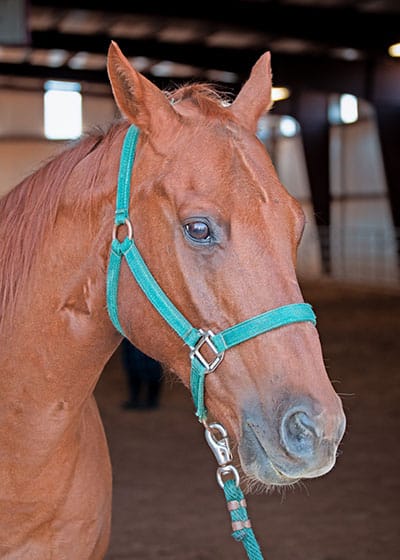
Lewie

Jeff
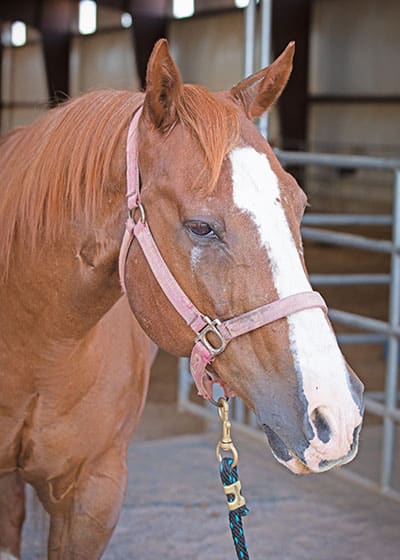
Jasper

Carmel
Equine Team - (medium- advanced)

Appy
Equine Team - (Grounds - Intermediate-Advanced)

Sir Henry
Sir Henry

Pendeton
Equine Team

Norman
Equine Team

Maple
Equine Team

Lewie
Equine Team

Jeff
Equine Team

Jasper
Equine Team
Additional Equine Therapy Resources
Research & Studies on Equine-Assisted Psychotherapy
- An Exploration of the Mechanism of Action of an Equine-Assisted Intervention
- Equine Assisted Therapy for Patients with Post-Traumatic Stress Disorder: A Case Series Study
- Equine-Assisted Activities and Therapy for Treating Children with Attention-Deficit/Hyperactivity Disorder
- A Comparative Study of the Efficacy of Group Equine Assisted Counseling With At-Risk Children and Adolescents
- Equine-assisted activities and the impact on perceived social support, self-esteem, and self-efficacy among adolescents – an intervention study
- Equine Facilitated Therapy for Complex Trauma (EFT-CT)
- Effects of Equine Therapy on Individuals with Autism Spectrum Disorder: A Systematic Review
- The Effectiveness of Equine-Assisted Experiential Therapy: Results of an Open Clinical Trial
- Evaluating the Efficacy of Equine Therapy Among At-risk Youth: A Meta-analysis
- Equine-Assisted Therapy for Anxiety and Post-traumatic Stress Symptoms
- Self-Management Intervention for Attention and Executive Functions Using Equine-Assisted Occupational Therapy Among Children Aged 6–14 Diagnosed with Attention Deficit/Hyperactivity Disorder
About the Authors

Jennifer Hedrick, MS, LCMHC
Associate Executive Director, Clinical Director
As Associate Executive Director and Clinical Director at Discovery Ranch South, Jennifer Hedrick brings her passion for youth engagement and a strong belief in the significance of family dynamics in the process of transformation. She is trained in EMDR and Equine-assisted Psychotherapy, and she integrates experiential methodologies like improv, sociometry, sandtray therapy, and psychodrama into her therapeutic approach.

Lee Bingham
Equine Director
Lee Bingham serves as the Equine Director at Discovery Ranch South, where equine therapy plays a vital role in the healing journey of teenagers. Her values of hard work, honesty, and integrity are reflected in her approach. She finds gratification in witnessing students develop these qualities through interactions with horses and calves, and loves seeing the profound bonds students form with the animals.
